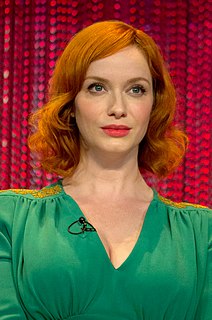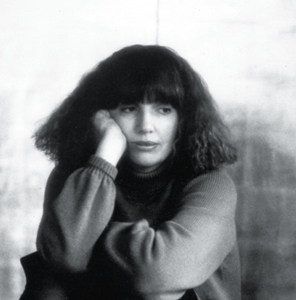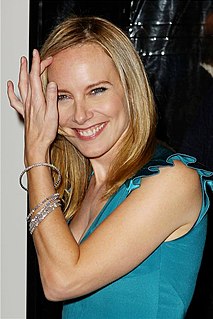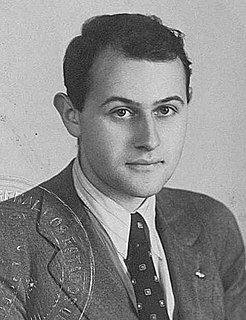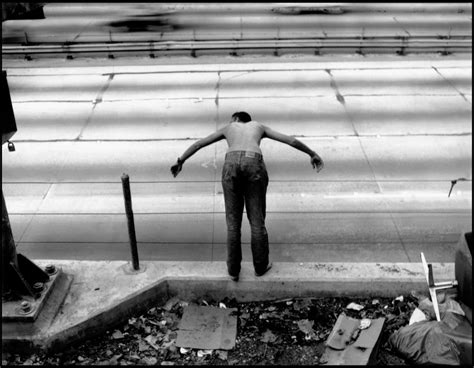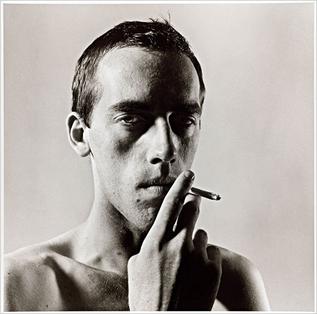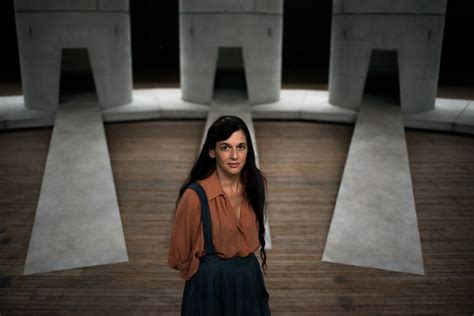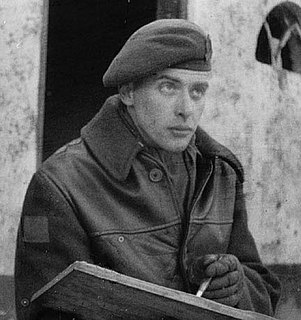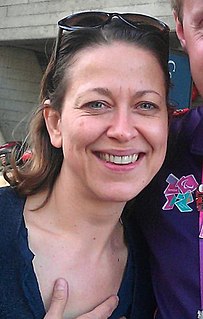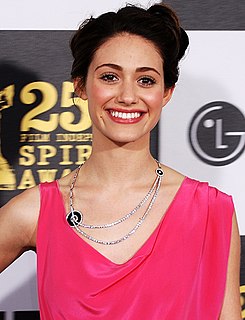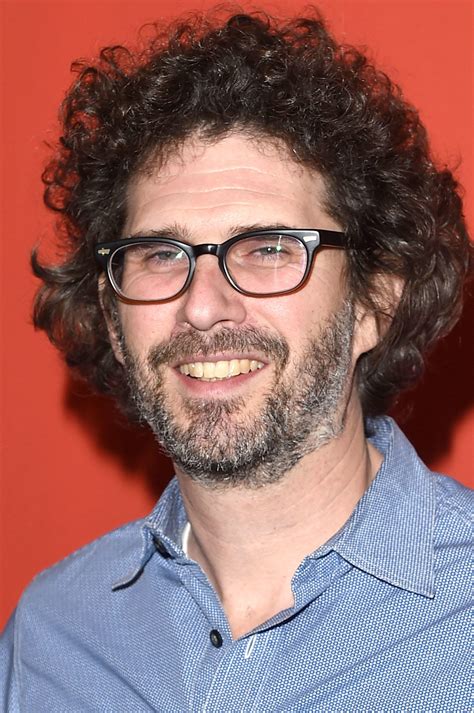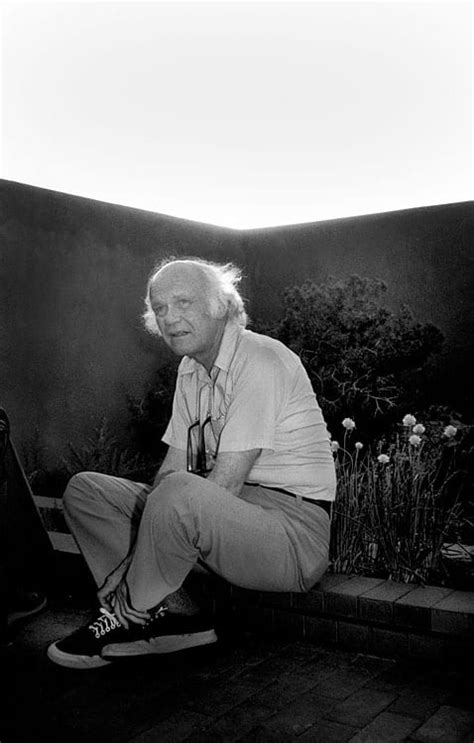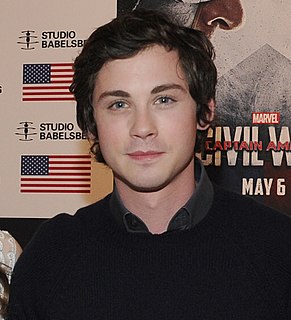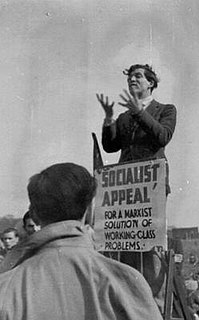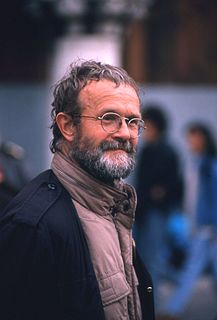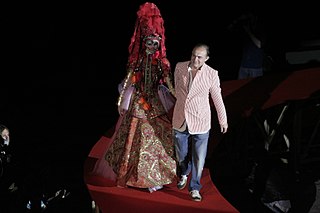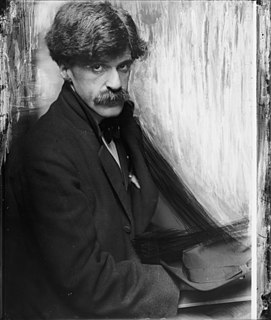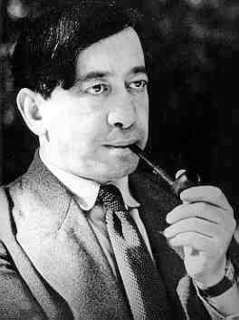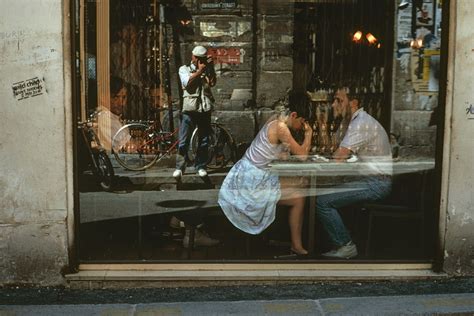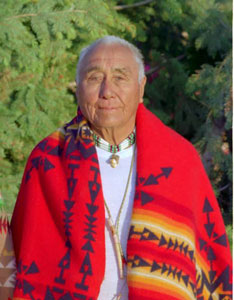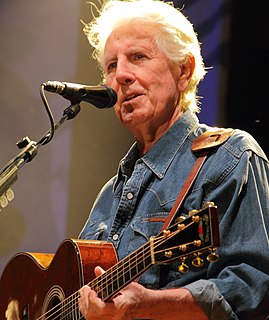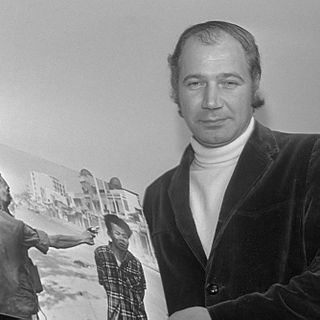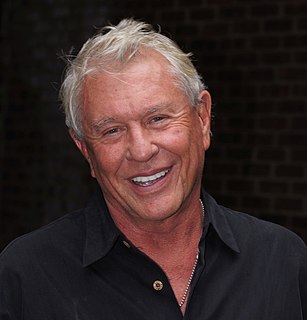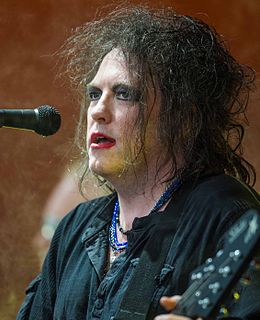Top 1200 Old Photographs Quotes & Sayings
Explore popular Old Photographs quotes.
Last updated on April 14, 2025.
Saudi Arabia is so conservative. At first there were photographs of women I took that I couldn't publish - of women without their abayas. So I started writing out little anecdotes about things I couldn't photograph and wove it in with a more obscure picture and called it "moments that got away". I realised these worked as well as the photographs by themselves. There are a lot of photographers who feel the story is all in the photographs but I really believe in weaving in complementary words with the pictures.
When you're on a movie and the production department says, "We need old photographs of you - your character - when you were 20-years-old." I usually tell them it's in storage or I had a fire. I go back to these old photos and there's never a good photo or they're of times that I'm so glad I'm out of. They have nothing to do with the character that you're playing, so it feels false. That's one of the hardest things for me in terms of looking back.
I try to see the whole woman,' Eddie said to Hannah. 'Of course I recognize that she's old, but there are photographs - or the equivalent of photographs in one's imagination of anyone's life. A whole life, I mean. I can picture her when she was much younger than I am - because there are always gestures and expressions that are ingrained, ageless. An old woman doesn't see herself as an old woman, and neither do I. I try to see her her whole life in her. There's something so moving about someone's whole life.
It's funny, but certain faces seem to go in and out of style. You look at old photographs and everybody has a certain look to them, almost as if they're related. Look at pictures from ten years later and you can see that there's a new kind of face starting to predominate, and that the old faces are fading away and vanishing, never to be seen again.
A good print is really essential. I want to take strong documentary photographs that are as good technically as any of the best technical photographs, and as creative as any of the best fine-art photographs. [...] I don't want to just be a photo essayist; I'm more interested in single images...ones that I feel are good enough to stand on their own.
It is a nostalgic time right now, and photographs actively promote nostalgia. Photography is an elegiac art, a twilight art. Most subjects photographed are, just by virtue of being photographed, touched with pathos. ... All photographs are memento mori. To take photograph is to participate in another person's mortality, vulnerability, mutability. Precisely by slicing out this moment and freezing it, all photographs testify to time's relentless melt
Words alone are inadequate to express spiritual realities. This book expresses the Red Indian spirit because it combines the best photographs ever taken of the old-time chiefs with some of their best words. You can meet these old-timers and share their wisdom. People who read this book will better understand our sacred ways.




